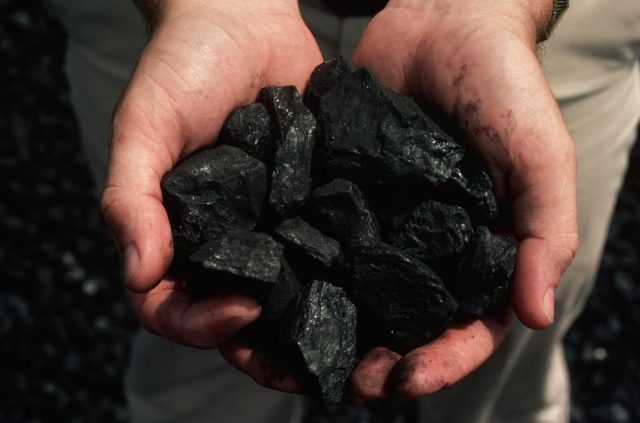The Swedish Parliament has voted to ban any new extraction of oil, natural gas or coal as some right-wing parties have slammed the move as impairing Sweden’s ability to have a secure supply of energy.
Sweden’s Parliament, the Riksdag, has voted to amend a law granting mining permits so that permits for the extraction of coal, crude oil, shale oils, and natural gas will no longer be granted, as was the case with the extraction of uranium previously.
According to the Swedish government, the move is meant to help reduce Sweden’s carbon emissions. It claims that the policy will also help the country to create jobs and export energy through a transition to climate-friendly energy, the TT News Agency reports.
Opposition parties in the Riksdag, the Conservative Moderates, the Christian Democrats and the populist Sweden Democrats, slammed the government’s move, claiming the ban is a security risk for Sweden’s supply of critical energy commodities.
“The bottom line is that we do not gain anything environmentally and in addition, we remain in the same weak position in terms of preparedness,” Christian Democrat business and energy policy spokesperson Camilla Brodin said.
Some have called the move cynical posturing, as Sweden does not have large proven reserves of oil and gas, and few companies currently conduct exploration for either. Coal exploration and extraction have also been minimal due to the small supply in the country.
Boris Condemns 'Prejudice' Against 'Green Agenda', Won't Scrap Energy Taxes https://t.co/bfJaAKQtmK
— Breitbart London (@BreitbartLondon) April 23, 2022
The Swedish government’s extraction ban comes as many countries are seeing a surge in energy prices due to the Russian invasion of Ukraine and associated sanctions clash with Moscow.
While many in the European Union are pushed for a full ban on Russian oil, some countries that rely on Russian energy products, such as Hungary, thwarted the idea.
Hungarian prime minister Viktor Orbán stated an embargo on Russian oil would be “tantamount to dropping a nuclear bomb on the Hungarian economy,” and criticised the European Commission’s oil embargo proposal as an attempt to impose rules on all EU members without looking at their individual interests.
Ultimately, the bloc decided on an embargo of seaborne imports of Russian oil only, allowing Hungary and other countries in Central Europe to continue receiving it via pipelines.
Notably, Brussels is not seriously discussing an embargo on Russian gas, which would impact key Western European players such as Germany.
Orban Blocking EU Ban on Russian Oil: Like Dropping ‘Nuclear Bomb’ on Hungarian Economy https://t.co/UweMfQW85i
— Breitbart London (@BreitbartLondon) May 16, 2022

COMMENTS
Please let us know if you're having issues with commenting.